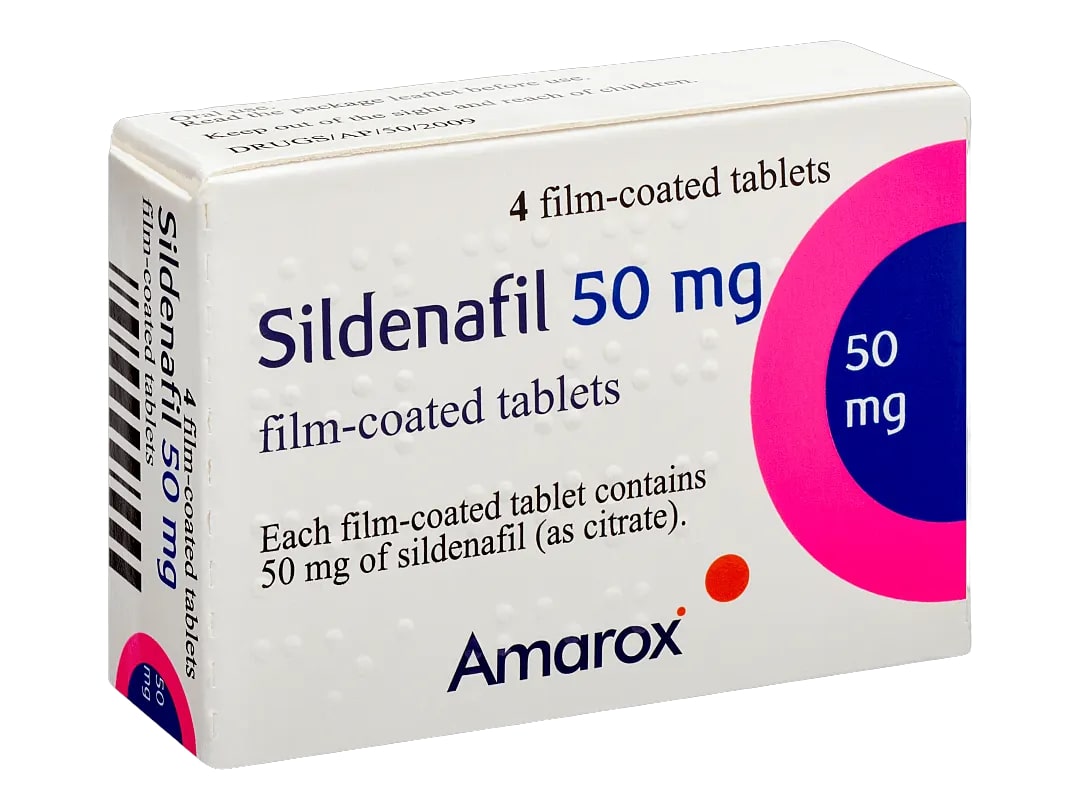Why Choose Sildenafil?
Improved Cardiovascular Health: Sildenafil can help manage pulmonary hypertension and improve blood flow, contributing to better overall heart health. By relaxing the blood vessels in your lungs, sildenafil reduces pressure and improves oxygen levels. This can lead to increased energy and improved quality of life for individuals with PAH.
Enhanced Exercise Capacity: Sildenafil can help you exercise for longer and with less shortness of breath. The drug's ability to improve blood flow and reduce pulmonary pressure can lead to increased endurance and reduced fatigue during physical activity.
Delayed Disease Progression: Sildenafil may help slow down the progression of pulmonary arterial hypertension. Clinical studies have shown that sildenafil can delay the time to disease progression in patients with PAH, potentially improving long-term outcomes.
Reduced Pulmonary Pressure: Sildenafil effectively lowers the pressure in your pulmonary arteries. This reduction in pressure eases the strain on your heart and improves oxygen levels, contributing to better overall cardiovascular function.
Improved Quality of Life: Sildenafil can help you feel more energetic and enjoy daily activities. By managing symptoms of PAH, sildenafil can improve your overall well-being and allow you to participate more fully in life.
Convenient Oral Administration: Sildenafil is easy to take as a tablet, making it convenient for daily use. The oral formulation allows for easy administration and adherence to the prescribed treatment regimen.
Targeted Action with Fewer Side Effects: Sildenafil's selective action minimizes the risk of unwanted side effects. The drug's targeted approach allows for effective treatment with a reduced likelihood of adverse reactions.
Always follow your doctor’s instructions for the best results and safety.


